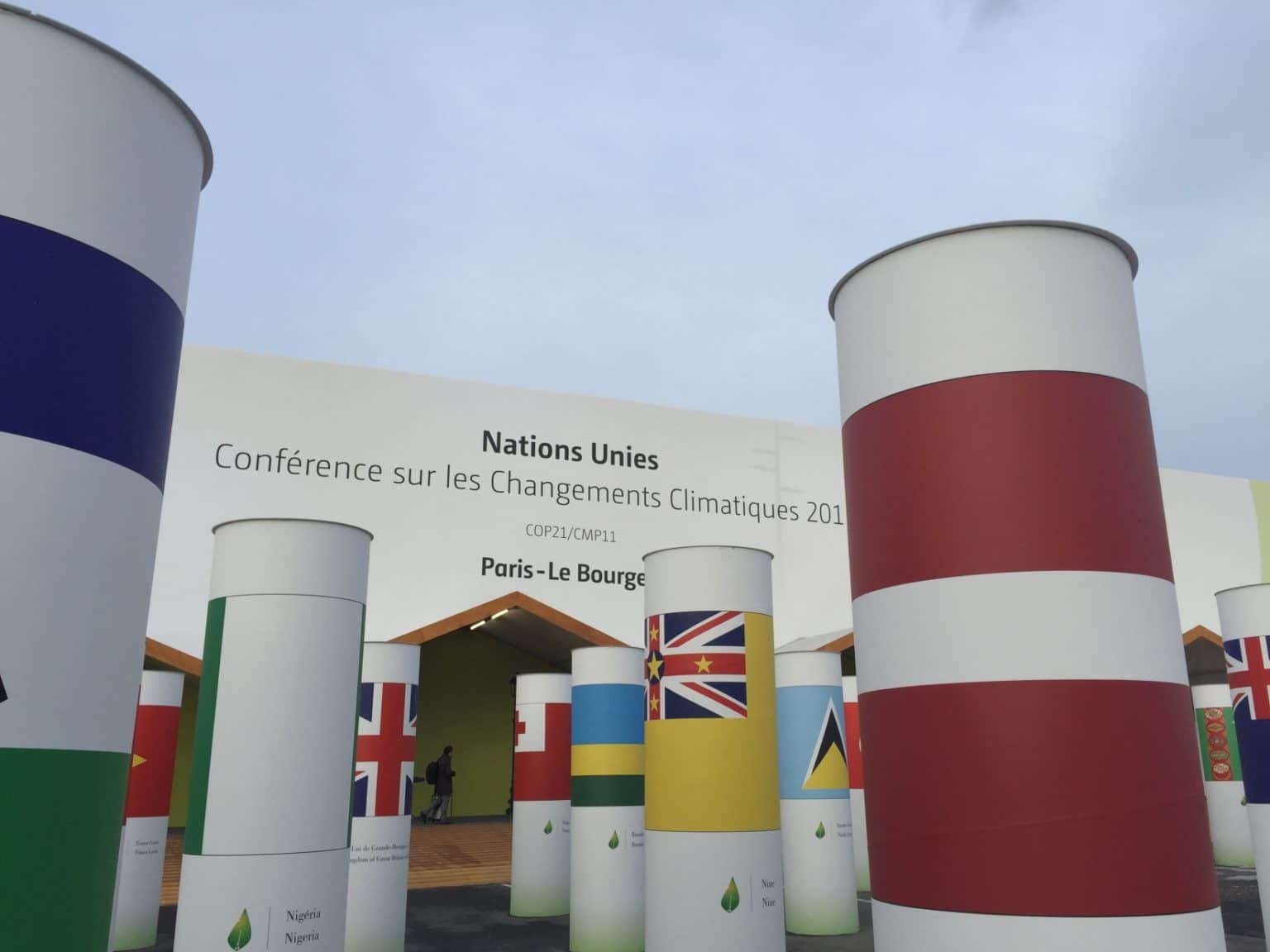The UK is risking its reputation as a climate leader if it fails to ratify the Paris Agreement by the end of this year the director of Climate Action Network Europe, Wendel Trio, has warned.
Speaking to DeSmog UK, Trio said that if the UK and EU miss the agreement’s entry into force – expected to happen by the end of this year – it would reflect badly on their position as climate leaders (something much touted by Britain and Europe around last December’s Paris climate conference).
This comes at the same time as Labour shadow climate and energy secretary Barry Gardiner writing to Prime Minister Theresa May stating that “delayed ratification risks sidelining the UK’s soft influence on this defining security issue of the 21st century.”
In June, outgoing climate secretary Amber Rudd outlined how UK efforts had been central to delivering the Paris deal and that the UK would “not step back from that international leadership”.
The UK had been one of the founding members of the “high ambition coalition” during COP21 and was labelled a climate “progressive”.
However, since the 2015 Paris talks, UK representatives have warned against a quick EU ratification, scrapped the department directly responsible for tackling climate change (DECC), and have yet to outline a timeline to do ratify the deal.
A government spokesperson told DeSmog UK that the situation had not changed, however, and reiterated an EU statement that “We are committed to ratifying it as soon as possible.”
Brazil was due to be the first major emitter to sign this week, though this is believed to have been delayed until after the G20 leaders meeting at the start of September. It is expected that China and the USA will ratify shortly.
And the pressure is on for the UK to ratify. This month has seen Pacific Islanders, investors representing $13 trillion, and a 65,000 strong petition calling on Britain to ratify the climate deal.
The Paris agreement will only enter into force 30 days after 55 countries representing 55 percent of global emissions deposit their ratification with the UN. Many are expecting this to happen by the end of this year, but this will likely be without the UK and the EU.
Ratification Process
Should the UK choose to become the third European country alongside France and Hungary to ratify the deal, this could potentially send a signal to other EU countries on the importance of quick ratification, as well as help to reassure public concerns following the ‘major setback’ in the UK´s climate change efforts caused by DECC’s closure.
However, even if the UK does ratify sooner than later, this may not necessarily allow it to sit at the table if climate talks are held early in 2017. And it’s unclear how Brexit negotiations may or may not affect things.
As Trio explained to DeSmog UK: “At Paris the EU made a common commitment. For the EU to deposit its ratification with the UN, it requires all the European institutions and all 28 states to do so.”
“As long as the UK is a member it will have to deposit together with the EU. As Brexit will take a while, I would assume this is what would happen.”
A spokesperson from the United Nations Development Program added: “The EU is one of the major emitters in the world – making up 12 percent of global emissions. If the EU ratified, it would be a major step toward the Paris Agreement coming into force.
“Also, the EU is a special case because it represents its 28 member states along with the EU itself. In other words, all 28 countries must ratify, along with the EU. It is likely that all 28 will ratify on the same day or within days/weeks of the EU ratification.”
But the EU still has a way to go in ratifying the agreement. The chair of the European Council Environment Ministers’ meeting held in June has previously expressed her concern at the length of time ratification was taking, stressing how the EU must “be party to the agreement as it comes into force”.
This week French President Francois Hollande warned that there is still a ways to go for the climate deal to be implemented and urged countries to ratify as soon as possible.
But despite the European Commission and Parliament rushing through legislation, member states are thought to be unwilling to ratify the agreement without knowing the outcome of the EU’s talks on how to divide emissions between countries.
It is therefore expected that the EU will likely only complete ratification by the end of 2017.
Subscribe to our newsletter
Stay up to date with DeSmog news and alerts







